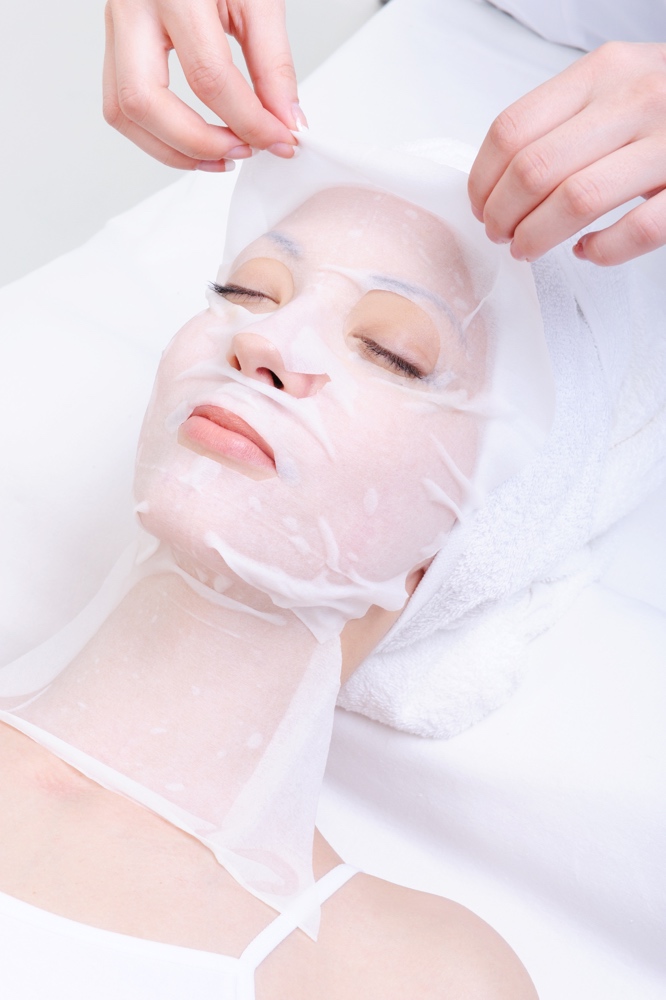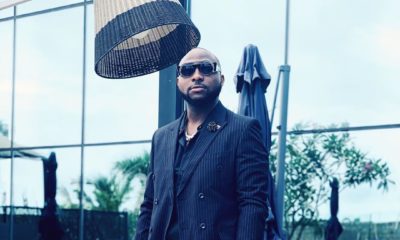Features
Hilary Says: Are Korean Sheet Masks Worth The Hype?
Everyone seems to be obsessed with Korean beauty products overnight; it has rapidly expanded to the rest of the world thanks to their amazing (most times, not all the time) and innovative products. Korean sheet masks are the latest skincare trend to sweep social media. They are simple, single-use masks made from cotton, hydro-gel or other soft materials. Sheet masks work as a facial treatment and come pre-soaked in luxurious-feeling serums that promise everything from bouncy, brighter skin to tighter pores.
Once revealed to be the secret behind the flawless Korean complexion, the popularity of these masks went through the roof. Now, they’re leading the way for a new generation of masks that hydrates skin while you sleep and turn your face into a foaming cloud to absorb excess oil. They are extremely easy and quick to use, just throw one on, and 20 minutes later your skin will be noticeably softer and deeply moisturised. Sheet masks contain a wide variety of ingredients, from the ordinary like Collagen, Hyaluronic Acid, Aloe Vera, Seaweed; to the luxurious like Gold, Caviar and the weird like Snail Slime and Bee Venom.
The biggest benefit of the sheet mask is that it delivers product into the skin in a concentrated way by creating an “occlusive barrier,” which means it sits top of your face and physically seals in the ingredients underneath to increase penetration. Every skin type can benefit from using a sheet mask – dull, dry skin, large pores or acne – there’s a face mask out there designed to soothe, calm, plump, nourish and boost your complexion.
Unfortunately, mask sheets are not miracle workers. Most contain fairly basic ingredients whilst others contain active ingredients that have no proof that they do anything for your skin when applied topically (e.g. Gold). Sheet masks are really about hydration and are usually packed with hydrator-boosters (humectants), such as glycerin and hyaluronic acid, which can attract and bind water to the skin, replenishing the moisture it lost. Most skincare products contain water. It’s the base. The Koreans are obsessed with it, as they know that water is essential to skin health. When skin is hydrated, it’s soft to the touch and plumps up, so that fine lines and wrinkles look much smaller. It looks good and it feels good. Yes, when you use them, your skin feels decadent and luxurious but unless you use them frequently, that feeling doesn’t last very long.
Until there’s some way to scientifically prove the efficacy of sheet masks over other treatments, it’s difficult to say if they are truly worth the hype. Personally, I don’t think sheet masks are a necessity but they can be a cheap and quick way to give your skin that extra dose of moisture from time to time. Some sheet masks cost as little as $2 while some containing gold cost as much as $100. For these masks to be as effective, you have to use them frequently, which will be quite expensive. If you’re splurging on them, you might be better served using that money on strong hydrating serums.
Companies boast that gold improves skin tone and elasticity, provides anti-aging benefits and improves blood circulation. Even with all these claims, there’s no solid data proving gold’s beneficial effects on the skin. If there are real improvements from using a skincare product with gold in it, it is very likely because of other ingredients in the product (especially moisturizing ingredients). On a microscale (like it is in these products), gold is inert (inactive); it is a marketing ingredient added to increase consumer appeal.
Kindly send any questions you have to: [email protected]
Photo Credit: Dreamstime























